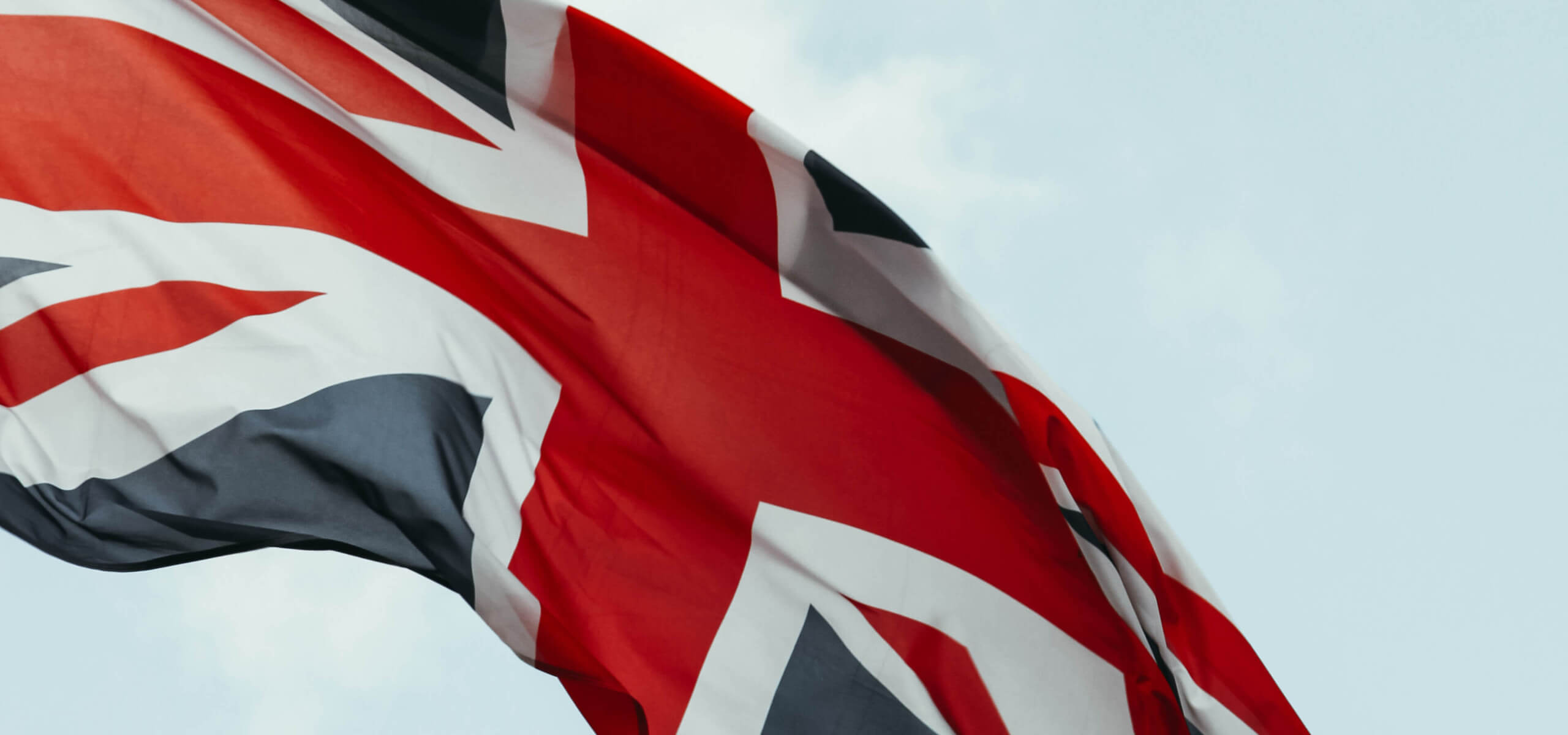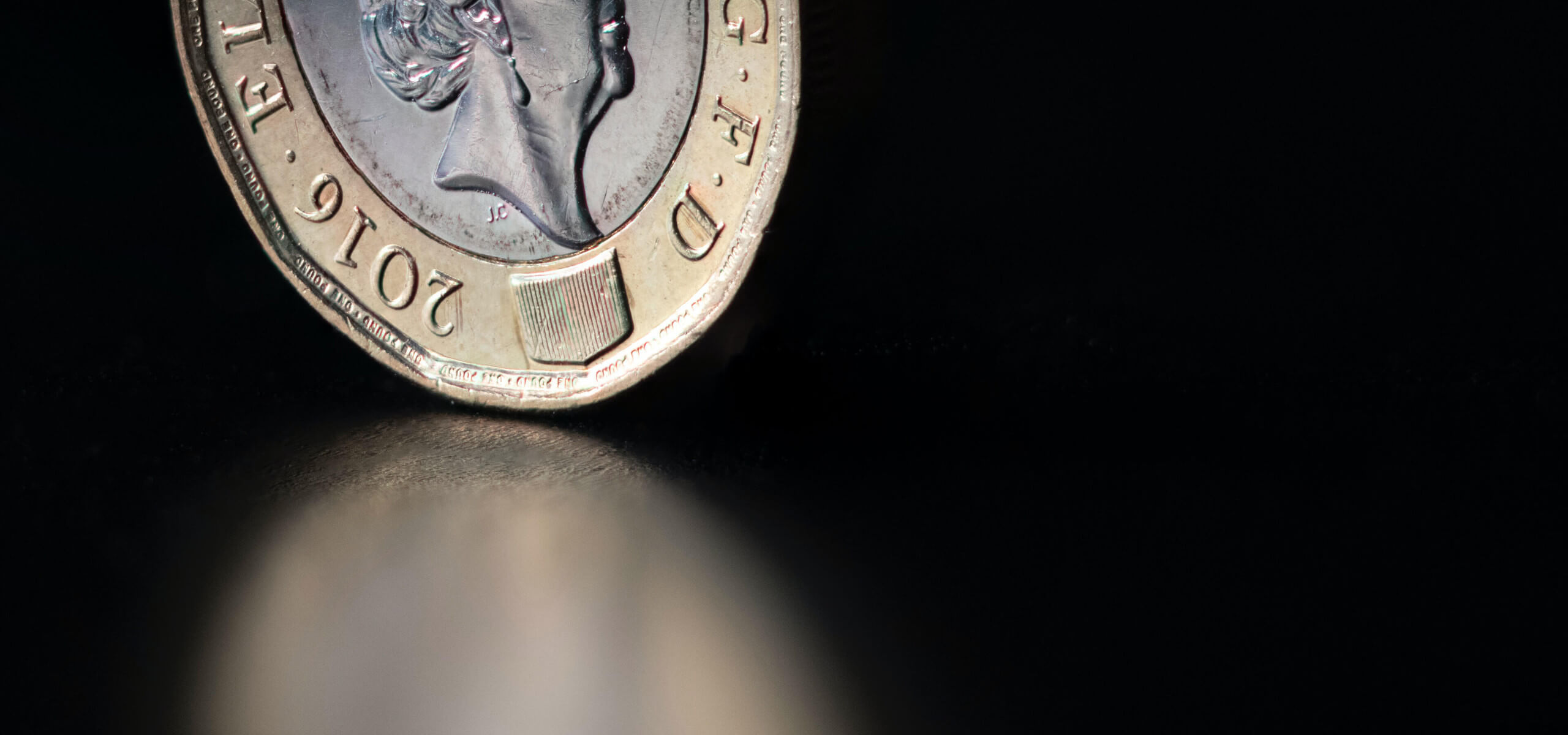Stretching the Flag

Measuring and Celebrating the Diversity of British Culture
Britain’s diversity is our strength. Immigration isn’t just good for our economy – it has immeasurably enriched our culture, widening and deepening our national story and our sense of who we are.
Polling shows the public agree, yet those benefits are rarely discussed. Our analysis brings it to life – and shows that nearly 40% of British cultural icons come from migrant and minority backgrounds.
Danny Boyle’s London 2012 opening ceremony put the best of our diverse country on display – in all its complex and multicoloured glory, and for all the world to see. But in the years since, that story has faded from national debate. Instead, analysis of diversity in popular culture typically focuses on the problems: barriers to entry, and unrepresentative performers, patrons and support staff.
That’s understandable – eliminating discrimination is a moral imperative. But we shouldn’t forget the more positive story: in spite of those barriers, Britain’s migrant communities have shaped our national culture to a remarkable degree. That’s the story this report seeks to tell.
Our analysis shows:
- Almost 40% of our most celebrated cultural leaders are from multicultural backgrounds – well above the general population
- Our culture is getting more diverse every year: since 2014, migrant and minority representation at the top of the arts has shot up from under a third to almost 40%
- In most branches of our cultural industries, those from migrant families or ethnic minority backgrounds are over-achieving at the very top
- Art, dance, fashion and music are our most diverse cultural industries – while TV is a notable outlier
This impact is widely recognised by the public. Our polling shows:
- More than seven in ten of us believe our diversity has had a positive impact on our food (77%), music (72%) and sport (78%) – while less than one in 20 think diversity has had a negative impact
- 69% of the public agree that diversity has improved our culture, against 15% who disagree
- Young people are most likely to celebrate diversity in our culture – 18-45 year olds are less than half as likely to feel diversity has had a negative impact on British culture than those aged 55 and over
This report seeks to show how our diverse cultural icons have – to paraphrase the British actor Riz Ahmed – “stretched the flag”. Their success has redefined and reshaped British culture. Our report demonstrates that fact, and celebrates it.


